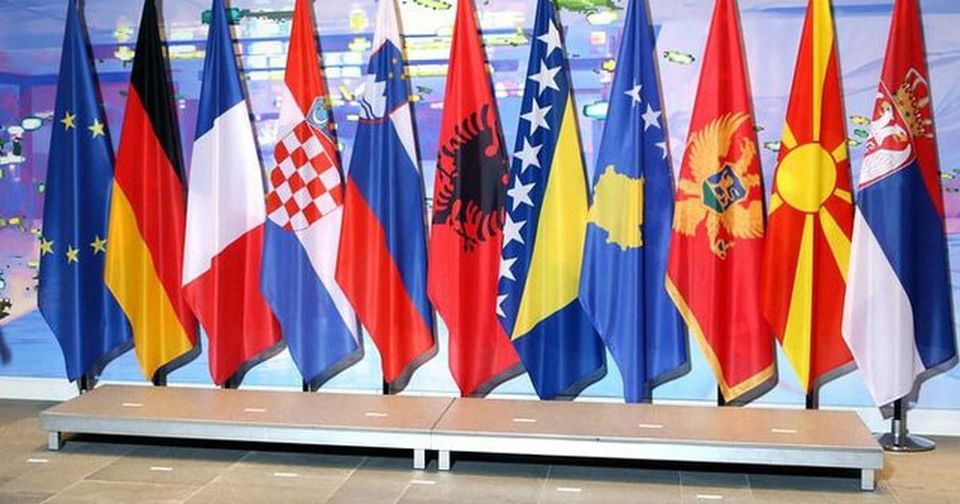
Rafaela Prifti/
The enlargement policy was a top priority at the EU and Western Balkans summit Tuesday in Tirana. It comes after officials and leaders met in June 2022 to take stock of progress on key investments under the Economic and Investment Plan for the Western Balkans as well as discuss geostrategic issues. Moldova and Ukraine became candidates for membership with Georgia soon to be added on the list. In July, the EU started membership negotiations with Albania after years of delays. While the EU has repeatedly promised Albania, Bosnia, Kosovo, Montenegro, North Macedonia and Serbia that they have futures within the organization, progress of the six nations has come to a standstill in recent years. Kosovo has signed a Stabilization and Association Agreement and reportedly would apply for candidate status later this month. The main issue for the countries-in-waiting is meeting the EU’s standards on economies and political institutions that are seen as parameters of their readiness for integration into the EU’s single market of open trade and Western democratic ideals.
With regard to the negative effects on energy and food security stemming from the Russia’s war in Ukraine, European Commission President Ursula von der Leyen announced financial support to help countries in the Western Balkans cope with shortages and higher prices. Serbian President Vucic had threatened to boycott the gathering to protest a recent political appointment by Kosova Prime Minister Albin Kurti. While Vucic has made claims of integration of Serbia into the European Union, under his leadership the country continues to not join the Western sanctions against Russia over the Ukraine war.
The newest member to join the block of 27 member nations was Croatia, also part of the Balkan region, in 2013. Since then, the enlargement process of the EU slowed as the founding member nations had no appetite to allow more countries to be integrated into the organization. After almost a decade of stagnation, the war in Ukraine has revived the issue of EU enlargement. Russia’s invasion of Ukraine has underscored the strategic importance of the region.
The Tirana declaration issued at the conclusion of the summit reaffirmed the EU’s unequivocal support for the EU perspective of the Western Balkans. “The EU reconfirms its full and unequivocal commitment to the European Union membership perspective of the Western Balkans and calls for the acceleration of the accession process, based upon credible reforms by partners, fair and rigorous conditionality and the principle of own merits.” The topics of energy crises and immigration were also the focus of discussions.
The joint summit with the six Western Balkan countries is the first being held outside the EU. It comes as the bloc fears the countries-in-waiting could start looking for possible alternatives or be influenced by China or Russia.